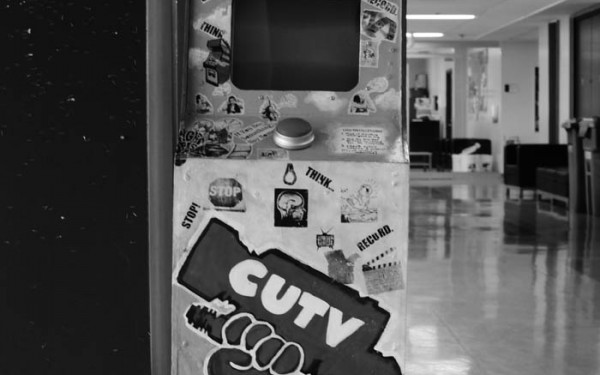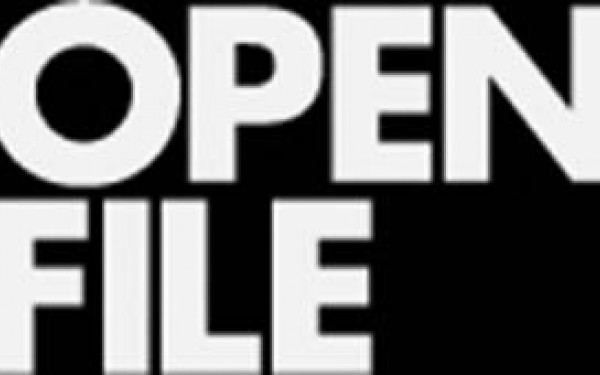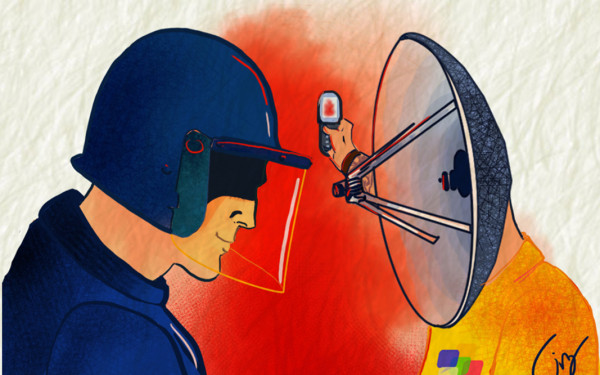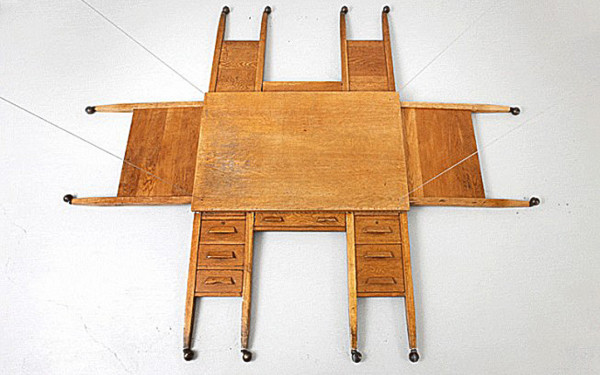Editorial
Back to the Drawing Board
You can’t force people to do what’s good for them. Nor can you manhandle them into spending money on something that they no longer view as a commodity.
News is not free. Information does not flow fully formed onto your screen. Journalists painstakingly hunt for it.
It sounds high and mighty, cheesy and overblown, but the press holds up our democracy. If you don’t believe this, you haven’t imagined what a country with no free press is like. A mechanism equipped with the resources and expertise to call out those in power can’t be undervalued.
But with both a lack of public faith in the press and ever-shrinking budgets, that’s exactly what’s happening.
With the recent closures of OpenFile and the Mirror, layoffs at The Gazette and the impending doom for TSN, the system is crumbling at an alarming rate.
We are caught in a vicious circle of widely reported plagiarism scandals from Margaret Wente to Jonah Lehrer and lazy, predictable reporting that makes readers even less inclined to pay for our product.
Something needs to give; starting over is not a negative thing. There’s a reason why this year’s Media Democracy issue transformed into Web Democracy. It’s the plane on which the future of journalism lies, for better or for worse.
What the news industry needs is a controlled burn. One so vast that thousands of new ideas and players can spring up and repopulate the information age.
Like the tech industry, what journalism needs is rampant and constant innovation. But none of this game-changing is possible if the news business is not seen as an industry selling a valuable commodity.
While it’s painfully ironic to be writing this in a print newspaper that we are hopelessly attached to, the reality is that it has become a frivolous medium for daily and weekly publications.
The struggle to adapt to new technologies is not unique to journalism, but has been ever aggravated by trying to fit the print square into the round, online hole. But yet, the big players keep pushing like confused toddlers.
National news organizations are starting to do the news media equivalent of throwing in the towel—but appear to be too stubborn to realize it.
They are no longer looking for the most talented, most qualified people to fill their pages (and webpages), instead opting for the most controversial or the best connected. Many organizations have closed their doors to new hires. With a staunch resolve to prevent innovation, it’s all over for us trench coat-wearing hopefuls.
Scrambling to make the scant cash in online ads and competing against their own content in news aggregators, a model seen in many a floundering newspaper is to go with what drives traffic—sensationalism in headlines and infotainment that costs pennies on the dollar to create compared to the investigative work necessary to keep those in power in check.
Like we don’t expect musicians to fix the music industry, individual journalists cannot fix this industry themselves. Our passion drives our work; but it’s that same passion that drives us to report the news, even if it means living paycheck-to-paycheck.
It’s time for the professionals to step in. We need business people to see the potential profitability of information and step in. But they also need the ethical compass to not resort to pin-ups and kitten videos.
Technology shouldn’t be seen as a barrier, as it’s being viewed in the boardrooms of news leaders. It’s an opportunity—one that needs to be taken advantage of, before there’s nothing left of the newsroom but an archaic, empty shell.

WEB_900_600_90.jpg)





